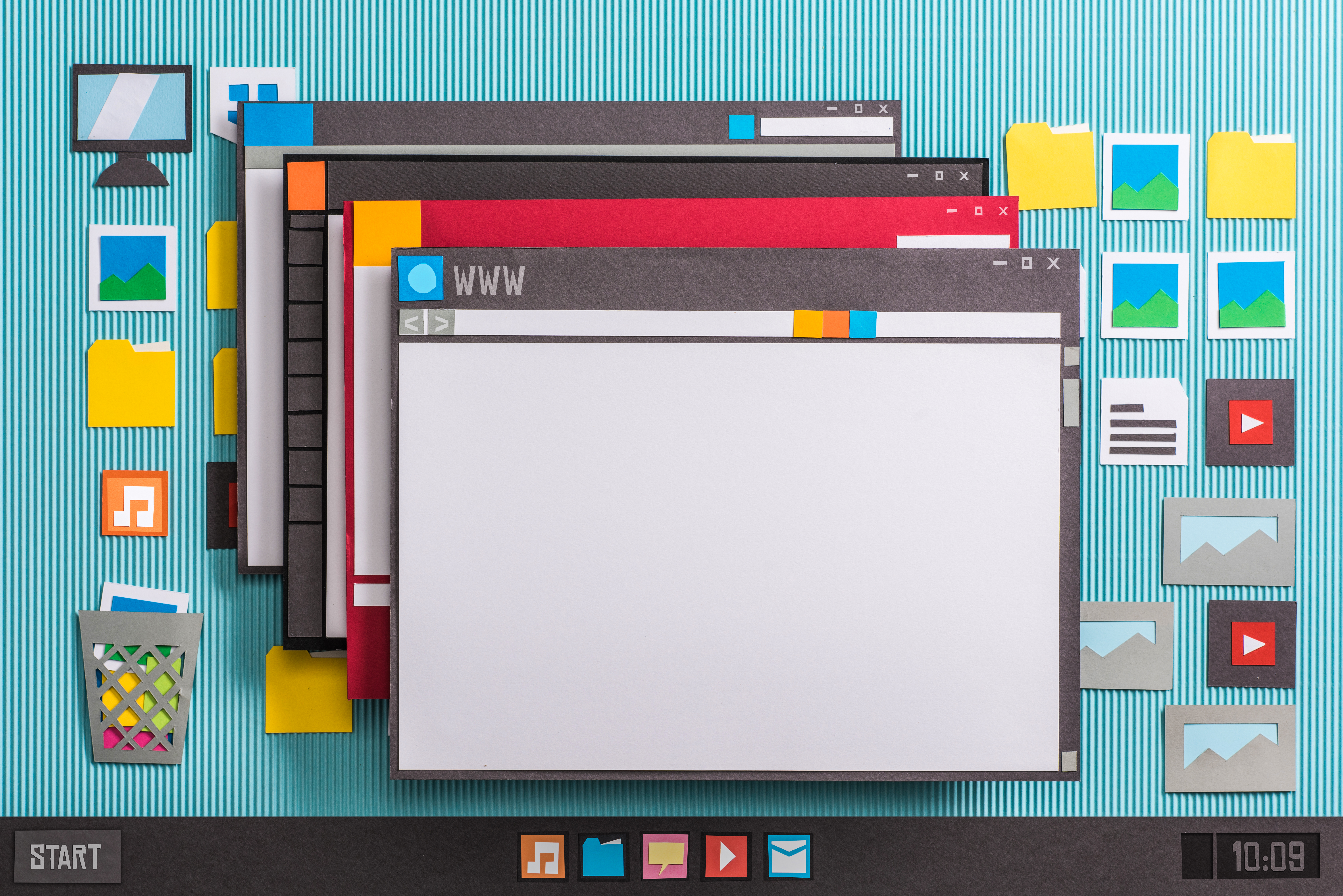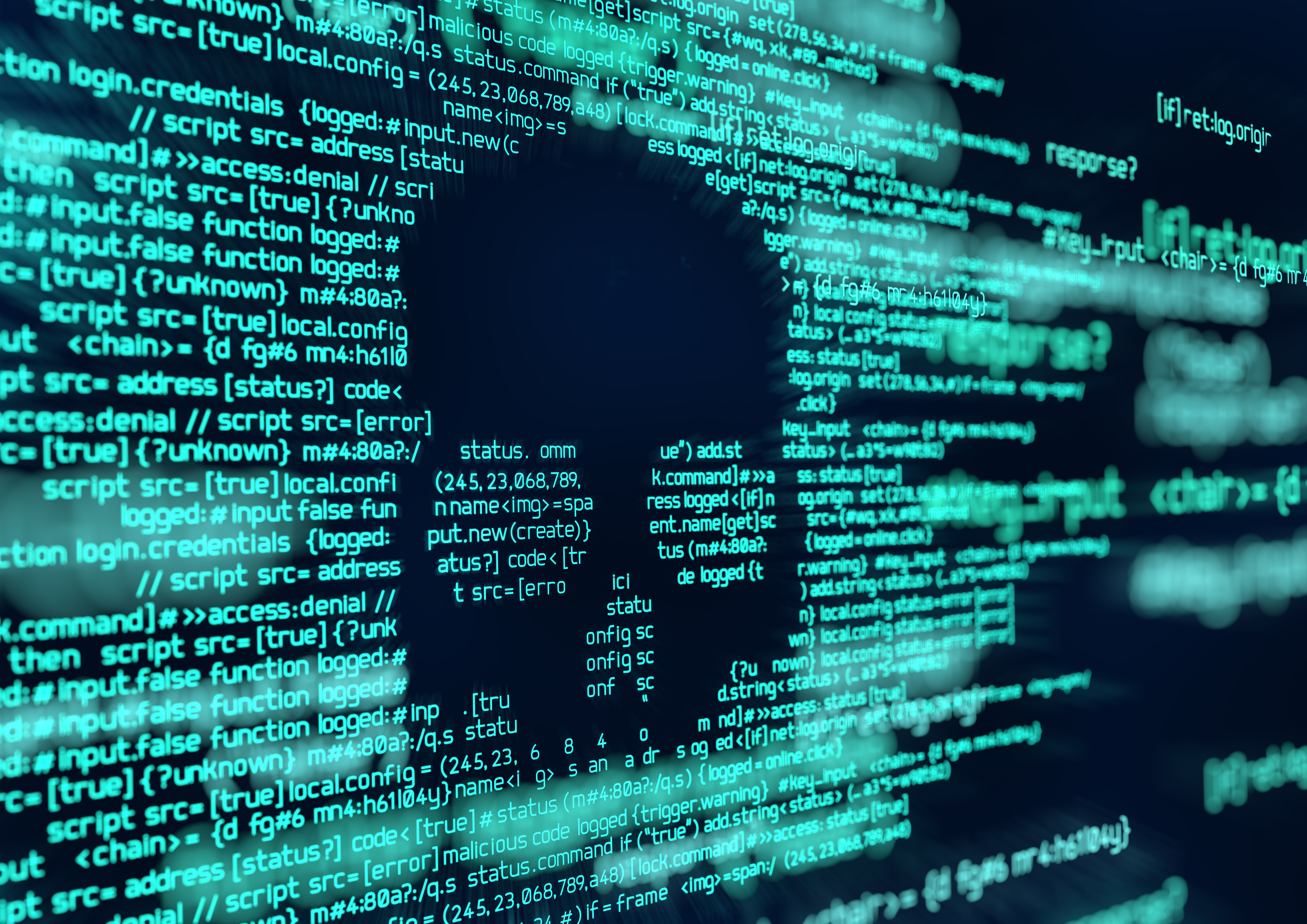Fraunhofer, the company who brought us MP3 all those many years ago, is finally getting around to providing a digital rights management (DRM) solution for MP3 content. In my opinion, they may be delivering the DRM solution with the least inconvenience to users, while also holding users more accountable for their actions than either Windows Media DRM or the Fairplay DRM used by Apple’s iTunes music store.
What’s so radically different about the Fraunhofer system? It actually makes fair use convenient for the user, by allowing users to copy MP3 content to any device of their choosing as many times as they’d like.
How does making multiple copies protect the content creator? The right to transfer content to any device of your choosing comes with a small price. To make copies, you are required to register for an encrypted certificate, which identifies you as the creator of the copy.
How is this a more accountable system than WMDRM or Fairplay? Because the MP3 files are tagged with personally identifying information, there’s identifying proof of who created the copy. Under the other solutions, copy prevention is used as a mechanism of protection, but if a copy is successfully made, proving who did it is much harder.
If all you are doing is exercising fair use rights and making copies for personal use on your own devices, like the car stereo, portable media player, home theater system, PC, laptop, Pocket PC, or whatever new device comes down the pipe this year; no one will have a reason to know you are even making copies.
On the other hand, if you make a copy and subsequently make it available on the file-sharing system of your choosing, the certificate identifies you as the distributor of the file should anyone coming looking. This is the accountability missing from electronically delivered content.
Isn’t including personally identifying information in the files, encrypted or not, a potential violation of my privacy? Yes, but who is going to access the personally identifying information if you are only making copies for personal use?
In contrast to this style of DRM, Windows Media DRM and Apple’s Fairplay implementation both work by limiting what you can do with a particular piece of content. Apple’s implementation of Fairplay limits the number of devices you can install an iTunes track on. Windows Media DRM offers a wider range of limitations, including limiting the software the content will play in, limiting the number of allowable devices, completely preventing copying of the files, and a long list of other features. In both cases the protection schemes are great for the content creator and a huge pain for consumers. These current solutions are like installing a governor on your car; you’re obviously going to speed, so the car company needs to make sure you don’t.
By allowing me to decide what I do with content I purchase, the Fraunhofer Lightweight DRM solution assumes I just want more convenient access to my files. Restriction takes place if/when I distribute the files and subsequently get slapped with a lawsuit because the owner of the content can prove I’m the one who used their content illegally. To continue with my car analogy, a system like LWDRM lets me choose to speed or not and only punishes me with a ticket when I do.
Is LWDRM a perfect solution? Probably not. But from early indications it makes using electronic content a friendly experience not bogged down by the assumption that because some people will break the law everyone should be inconvenienced.
Would you share files that contained personally identifying information? What do you think of DRM? Join the conversation.





9 responses to “Lightweight Copies”
First logical solution I have heard described among a number assuming I buy a recording to use it criminally and therefore the solution must limit my opportunity to do so. I like the assumption that my uses will be legitament and I accept responsibility for my actions.
Sounds like a fair deal to me.
That is the only DRM that I have read about that I can support. It is about time someone thought of the legal users needs. Thanks for bringing to my attention. Lyle
Back to basics : If they don’t want me recording music better not play it over the air waves , cause I still got nice cassette recorder and will use nurmerical names if need be. I do own about 400 cd’s though so thanks for heads up I will use only others ripped music not mine.
This is the first workable solution that I have seen. It offers the correct amount of protection to all, while still allowing for legitimate use. Could we find a way to copy and distribute common sense on a massive scale??
There’s still an opportunity to misuse the system. It seems like all it would take is one miscreant who decides to hack the server or servers where this “personal information” is held, and all of a sudden, at BEST, you have thousands of false accusations. More likely, the entire accountability system gets thrown out. The worst element, to me, would be a targeted attack against one or a few individuals.
This isn’t the solution. Keep looking.
Would you share files that contained personally identifying information? What do you think of DRM?
——————————————-
In the case of RIAA, the true theives in this overall picture — Yes Jake, I think I would – for these reasons:
These are the people who Steal so Shamelessly from the artists they claim so loudly they are trying to protect. The few that are very famous may have a bit of say — but that portion of the picture is minute in my Opinion.
I also have a particular loathing for powerfull Interests who would Influence Lawmakers with Massive amounts of Hype, namecalling, and Hypocrisy – (Remember the “hearings” ? (read “Shows”)) in a way ordinary citizens can’t Seem to.
Another particularily Loathsome approach on their attempt to maintain a tenuous and rapidly slipping
grasp on the obscene Strangle-hold they have held for so long on all things in the music/creative world —
would be the tactic of show legal actions on (litteraly) children, college students ( or as it turns out occasionally, their parents) and I can scarecly beleive anyone caves in to them at all – But after a lifetime of speaking my mind and following through in actions, regardless of consequences, if I beleive the principles and importance of the issues involved warrant it —
I simply do not frighten easily — nor would I let fear stop me even If they could hurt me, which I don’t for one minute beleive.
What can I say, Jake ? I’m just a Stubborn guy !!
As much as I believe that musicians are under compensated for what they do, when they enter into a record contract, they sign on the dotted line. No one makes them do it. They choose to do it. Just like I choose to give up my copyrights to articles I write for magazines and accept a certain amount of money in exchange, musicians make choices. Some of them make good choices, others make stupid choices. If RIAA member labels happen to be the benefactor of some stupid choices on the part of the artists, they are not entirely to blame. There are two sides to every contract.
Unless I missed it in scanning the responses so far, one possible problem has been missed: What about the new industry of false identities, available for the asking. Some entrepreneur will see a great opportunity here if the new system catches on. Maybe NAP-ID? Something tailored to respond to whatever system questions are asked with random names and locations?
I do hope they are on the right track here though, it sounds like a system we could live with, but we need a public-private key kind of thing to protect the data base of identities from the unscrupulous. Keep watching out for us Jake. Thanks